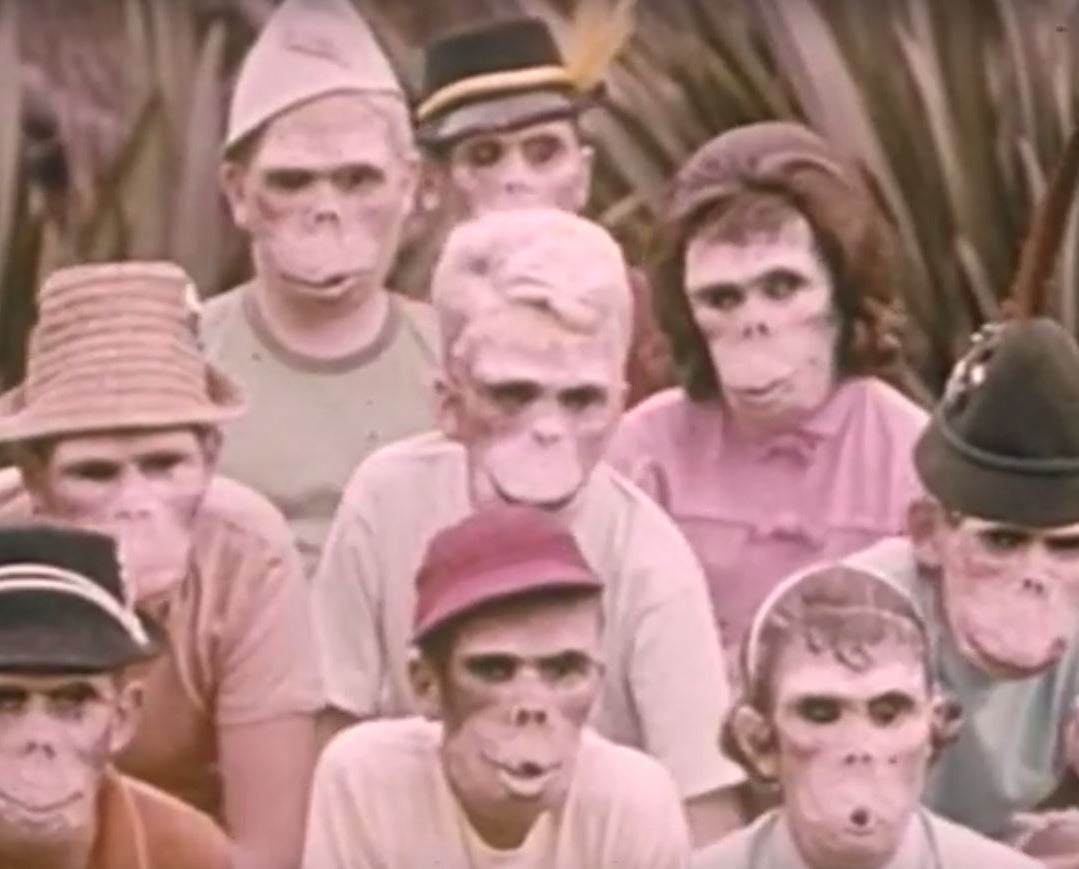The five weirdest Public Service Announcement adverts in history
From killer fridges to children being picked off one by one for road safety violations - here are some of the weirdest ways authorities have tried to communicate with the public over the years

Your support helps us to tell the story
From reproductive rights to climate change to Big Tech, The Independent is on the ground when the story is developing. Whether it's investigating the financials of Elon Musk's pro-Trump PAC or producing our latest documentary, 'The A Word', which shines a light on the American women fighting for reproductive rights, we know how important it is to parse out the facts from the messaging.
At such a critical moment in US history, we need reporters on the ground. Your donation allows us to keep sending journalists to speak to both sides of the story.
The Independent is trusted by Americans across the entire political spectrum. And unlike many other quality news outlets, we choose not to lock Americans out of our reporting and analysis with paywalls. We believe quality journalism should be available to everyone, paid for by those who can afford it.
Your support makes all the difference.A Danish travel company has launched a novel advertising campaign to boost Denmark's low birth rate - encourage mothers without grandchildren to buy "sexy holidays" for their children.
The "Do it for Mom" video campaign by Spies, which is part of the Thomas Cook Group, encourages older women wanting to become grandmothers to buy their offspring active holidays in sunny countries - where the advert says Danes apparently have 50 per cent more sex.
But the advert isn't the only unusual approach Denmark and other countries have taken in order to nudge their citizens' towards better behaviour.
One Got Fat (1963)
Back in the 1960s, Americans decided that the best way to educate children about the importance of obeying road safety rules on their bicycles was to scare the living daylights out of them.
In the 15 minute video, 10 children - who inexplicably havemonkey faces and tails - are cycling to the park for a picnic. One by one they are brutally killed while disobeying traffic rules.
One child is killed by large truck after she ignores a stop sign, another is run over by a steam roller because he forgets to tune his brakes.
In the end, just one child makes it to the park and gets to eat all the food himself.
We're Not Candy (1983)
Officials in Long Island, New York were apparently worried that children may mistake unbottled prescription pills for blue M&Ms.
Cue this bizarre video in which blue "pill" puppets resembling Sesame Street characters sing in a high pitched voice about why you should avoid them.
Lyrics included "We are being serious/We might make you delirious".
Even more bizarrely, American rapper Busta Rhymes is said to have sampled some of the lyrics from this PSA in his 1997 song, Dangerous.
Old Fridges Can Kill (1971)
The British government felt it needed to educate the public about the dangers of fridges to children. Apparently old fridges looked like "a caravan, a ship, a castle, even a bed" to children so this hand-drawn cartoon warns parents that a fridge could snap shut with their offspring still inside and suffocate them.
At the time fridges used locks that were impossible to open from the inside and were completely airtight. Since the introduction of magnetic seals on fridges, the danger of a child getting trapped inside has diminished.
Classroom (2014):
In this PSA from Northern Ireland that is likely to give you nightmares, footage of an adorable group of schoolchildren going to the local park is interspersed with a man grabbing his keys and heading out in his car.
A soft acoustic version of "Sweet Child of Mine" by Gun 'N' Roses plays in the background.
Then the man speeds around a bend, flips over a bend and crushes all the adorable children with his car.
The voiceover at the end says the equivalent of a classroom of children is killed every year by speeding drivers in Northern Ireland.
Anti-Cable TV (circa 1970):
Back in early 1970s America, the idea of paying for high quality television on a cable TV channel was taking off and threatening the traditional movie industry.
In response they released this anti-cable advert that warns viewers about the "monster that could be lurking in their homes".
Join our commenting forum
Join thought-provoking conversations, follow other Independent readers and see their replies
Comments